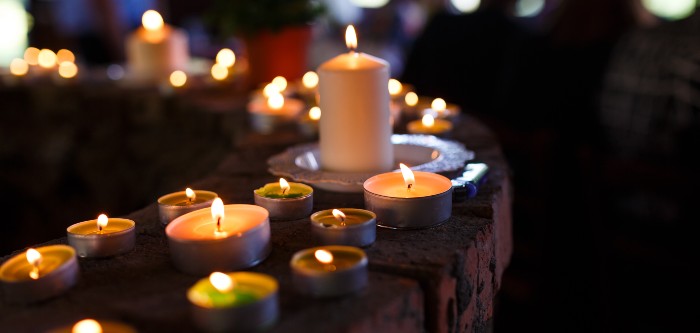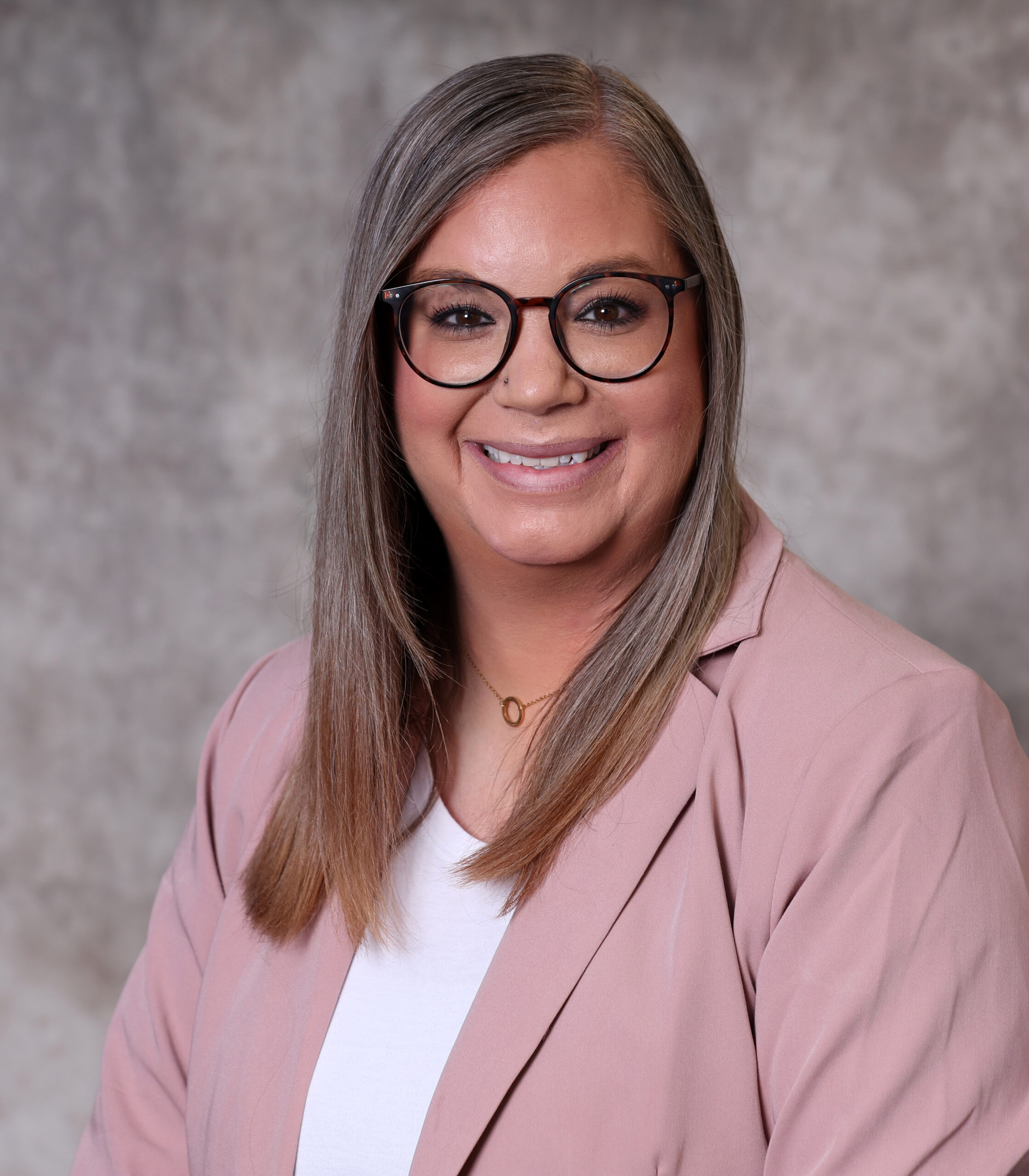Scammers often strike when they know victims are in heightened emotional states, such as after the death of a loved one, as this often means victims are more likely to make rash decisions. While grieving family members should beware of all forms of scams, one common type to especially look out for are funeral home scams. In this article, I’ll provide an overview of how funeral scams work, the warning signs to look out for and a few general security tips when planning a funeral.
How funeral home scams work
Like many products and services, the cost of funerals is on the rise. Some dishonest funeral home directors are looking to capitalize even more by charging funeral organizers – often bereaved family members or even someone proactively planning their own funeral – for services they don’t actually need. Additionally, they may not be transparent about product prices and service fees, leaving funeral organizers with a shocking bill.
Funeral home scam warning signs
Here are a few warning signs that may indicate you are being scammed by a funeral home:
- The funeral home does not provide an itemized estimate of costs as they are required to by the Federal Trade Commission (FTC) Funeral Rule.
- The funeral director insists you need to purchase a casket even if your loved one is being cremated or tries selling you a pricy “protective” casket they claim will preserve the body longer.
- The funeral home offers a discount on the casket if you purchase a “package” that includes items you do not want. Pressure to purchase any items you do not want is a strong indicator of a scam at play.
- The funeral director rushes you into making decisions at a moment’s notice. While decisions do often need to be made quickly, families generally have at least a couple days to a week to make arrangements.
It’s important to keep your eye out for other unusual happenings even outside of funeral planning. For example, another common scam that happens after the death of a loved one is scammers appearing out of the blue, claiming to be a long-lost friend, family member or romantic interest entitled to an inheritance. Remain wary and cautious of anything unexpected and unusual happening during such an emotionally charged situation.
Security tips for planning a funeral
When you’re planning a funeral, become familiar with the basic services needed and a fair cost for each so you know when a funeral home is selling you something extra or charging you more than they should. The FTC provides a price overview for common funeral services and an average price for each. Consider requesting itemized quotes from several funeral homes and even shopping online for caskets and urns to be delivered directly to the funeral home for cost savings.
If you’re proactively planning your own funeral, consider planning arrangements and discussing them with your loved ones but without prepaying for the services, as situations can change and make things complicated. For example, a funeral home you make arrangements with may go out of business before your death or may become deceptive with your loved ones about how much you have already paid.
While many funeral homes engage in fair business practices, it’s an unfortunate reality that some may attempt to take advantage of a family’s difficult time for their own monetary gain. It’s important that family members are looking out for warning signs and immediately report potential scams to the Federal Trade Commission (FTC), and their financial institution if transactions were made, so they can stop the scammer from striking again.








 Equal Housing Lender. SBA Preferred Lender. NMLS #440379
Equal Housing Lender. SBA Preferred Lender. NMLS #440379